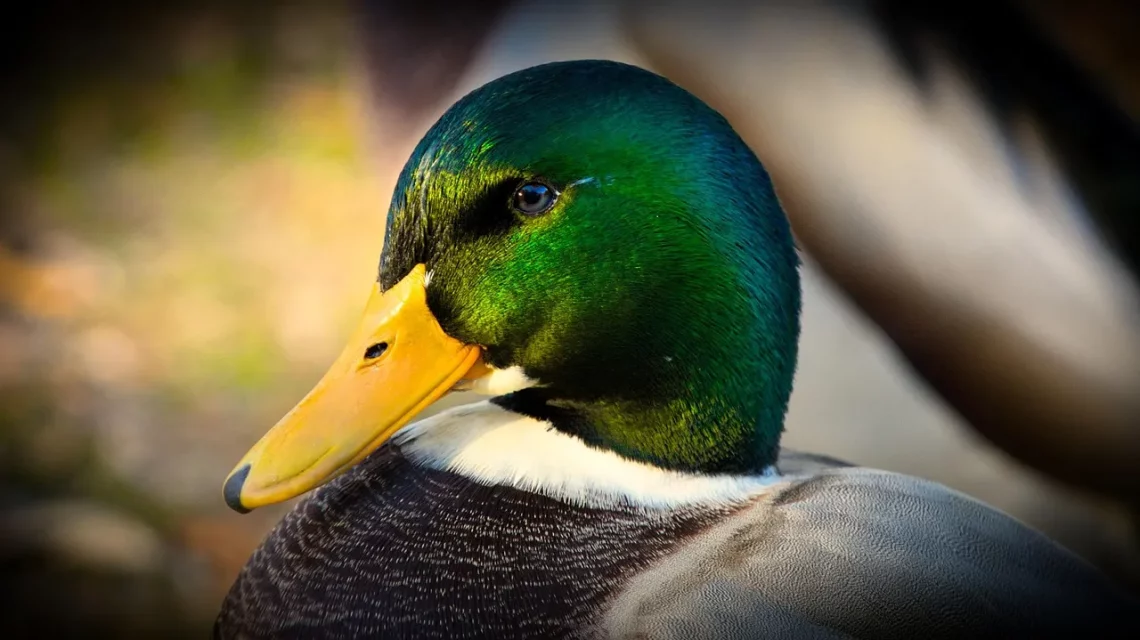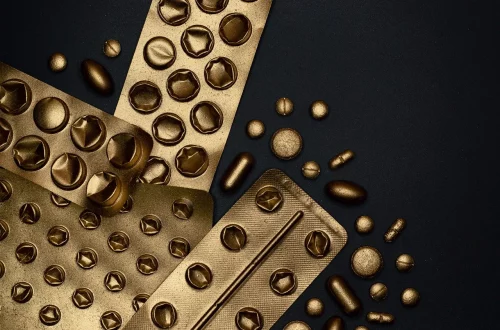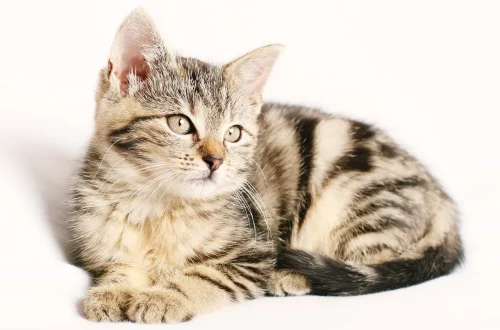
Do Ducks Eat Peanuts? Understanding Their Diet and Preferences
Ducks are fascinating creatures that inhabit a variety of environments, from serene ponds to bustling urban parks. Their adaptability and charm have made them a favorite among bird watchers and nature enthusiasts alike. One of the key aspects of understanding these birds is their diet, which can vary significantly depending on their habitat and available food sources. Ducks are omnivores, which means they consume a wide range of foods, including plants, insects, and small fish. However, it’s important to recognize that not all foods are suitable for ducks, and some can even be harmful.
When considering what to feed ducks, many people ponder the appropriateness of various common snacks, including peanuts. Peanuts are popular among humans as a convenient and tasty snack, but their suitability for ducks is often debated. Understanding the dietary needs of ducks and their preferences can help ensure that these delightful birds remain healthy and thrive in their environments. This article delves into the complexities of a duck’s diet, exploring the potential risks and benefits of feeding them peanuts and other common food items.
What Do Ducks Typically Eat?
Ducks are known for their diverse diets that can adapt to their surroundings and the seasons. In the wild, ducks primarily forage for aquatic plants, seeds, and insects. They are often seen dabbling in the water, using their bills to filter out food from the water’s surface or the mud below. This behavior allows them to consume a variety of nutrients essential for their health.
In addition to aquatic plants, ducks enjoy a range of grains and seeds. Wild grains like rice and corn are especially appealing to them. Many backyard duck owners often supplement their birds’ diets with commercial poultry feed, which is formulated to meet their nutritional needs, providing a balanced mix of proteins, vitamins, and minerals.
Ducks also consume small invertebrates, such as worms and insects, which are vital sources of protein. This protein intake is particularly important for growing ducklings and laying hens, as it supports their development and reproductive health. Fruits and vegetables can also be included in their diet, offering essential vitamins and hydration. Leafy greens, peas, and even berries can be beneficial, but they should be provided in moderation.
Understanding the nutritional requirements of ducks is crucial for anyone looking to care for them. Providing a balanced diet helps to promote healthy growth, vibrant plumage, and overall well-being. While they are adaptable feeders, it is essential to avoid giving ducks foods that are harmful, such as bread, which can lead to malnutrition and other health issues.
Are Peanuts Safe for Ducks?
The question of whether ducks can eat peanuts is a common one among bird enthusiasts. Peanuts are a high-energy food and contain essential fats, which can be beneficial in moderation. However, there are several factors to consider when determining if peanuts should be a part of a duck’s diet.
Firstly, whole peanuts, especially those that are unsalted, can be consumed by ducks but should be given sparingly. Peanuts contain a high level of fat, which can lead to obesity if ducks consume them in excess. It’s important to remember that while ducks can eat peanuts, they should not be the primary source of food. A varied diet that includes a mix of grains, seeds, and greens is essential for their health.
Another concern with feeding ducks peanuts is the risk of choking. Peanuts can be hard and difficult for some ducks to break down, especially if they are whole. To mitigate this risk, it is advisable to crush the peanuts or provide them in a more manageable form, such as peanut butter. However, even peanut butter should be given in small quantities, as it is calorie-dense and can lead to health issues if overconsumed.
Additionally, some ducks may have allergies or sensitivities to certain foods, including peanuts. If you notice any adverse reactions, such as digestive issues or unusual behavior, it is best to discontinue feeding peanuts and consult a veterinarian. Overall, while peanuts can be included in a duck’s diet, they should be treated as an occasional treat rather than a staple food.
The Impact of Human Food on Ducks
Feeding ducks human food has become a popular pastime, especially in parks and recreational areas. However, it is crucial to understand the impact this can have on their health and well-being. Many people enjoy tossing bread or snacks to ducks, often without realizing the potential harm these foods can cause.
Bread, for example, is a common food item that people mistakenly think is harmless. While ducks may enjoy eating bread, it lacks the essential nutrients they need. Over time, a diet high in bread can lead to malnutrition and various health issues, including deformities and digestive problems. Additionally, uneaten bread can pollute water sources, leading to harmful algae blooms and negatively affecting aquatic ecosystems.
Feeding ducks a diet primarily composed of human food can also alter their natural foraging behavior. When ducks become accustomed to being fed by humans, they may lose their instinct to forage for natural food sources, making them less self-sufficient. This dependency can be detrimental, especially during times when human interaction is limited, such as in off-peak seasons or during adverse weather conditions.
To promote healthy feeding habits, it is vital to provide ducks with appropriate foods that mimic their natural diet. Whole grains, seeds, and fresh vegetables are excellent alternatives to bread and other processed snacks. When visiting parks or ponds, consider bringing nutritious options that support the health of these birds rather than contributing to potential harm.
How to Feed Ducks Responsibly
If you enjoy feeding ducks, practicing responsible feeding habits can benefit both the birds and their environment. Here are some tips for ensuring that your feeding practices are safe and healthy for ducks.
1. **Choose Nutritious Foods**: Opt for foods that are part of a duck’s natural diet. Whole grains, seeds, and chopped vegetables are excellent choices. Avoid processed snacks, bread, and foods that are high in salt or sugar.
2. **Offer Small Portions**: When feeding ducks, provide small amounts of food to prevent overconsumption. This practice helps to mimic their natural foraging behavior and prevents obesity.
3. **Avoid Feeding in Crowded Areas**: Feeding ducks in large groups can lead to aggressive behavior and competition for food. If you notice that many people are feeding the ducks, consider visiting at a different time when the area is less crowded.
4. **Monitor Duck Health**: Pay attention to the ducks you feed and look for signs of good health, such as active behavior and healthy plumage. If you notice any signs of illness or unusual behavior, it is best to report it to local wildlife authorities.
5. **Educate Others**: Share information about responsible feeding practices with friends and family. Promoting awareness can help create a healthier environment for ducks and other wildlife.
By following these guidelines, you can ensure that your interactions with ducks are positive and contribute to their overall well-being.
In conclusion, while ducks can eat peanuts in moderation, they should not be relied upon as a primary food source. A balanced diet that mimics their natural feeding habits is essential for their health. Always prioritize nutritious options and practice responsible feeding to support these charming birds.
*Note: This article is for informational purposes only and should not be considered medical advice. For any health-related concerns regarding ducks or other wildlife, please consult a veterinarian or a wildlife expert.*




